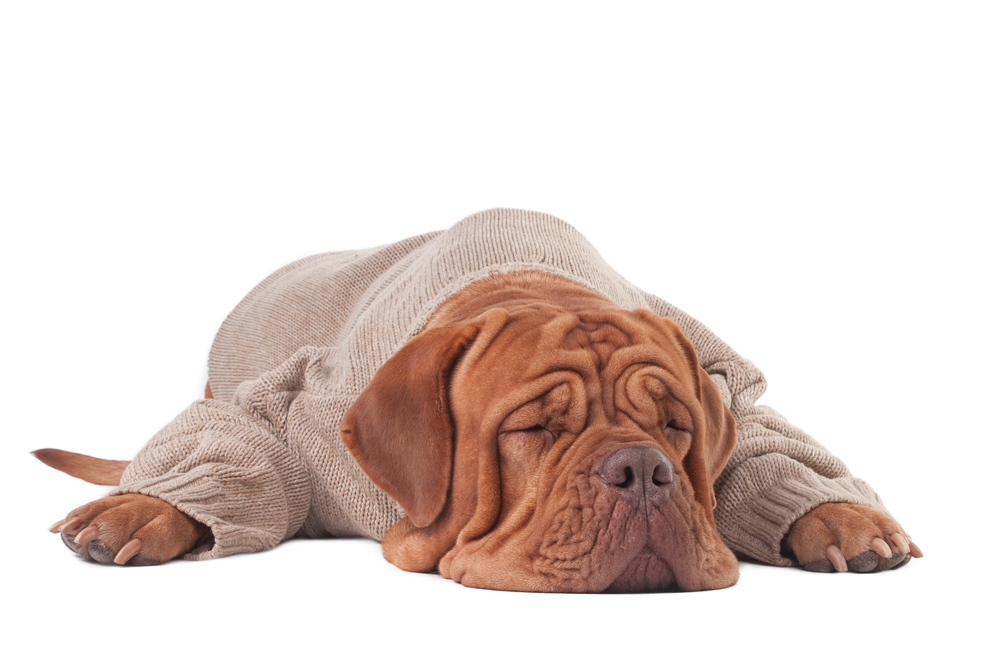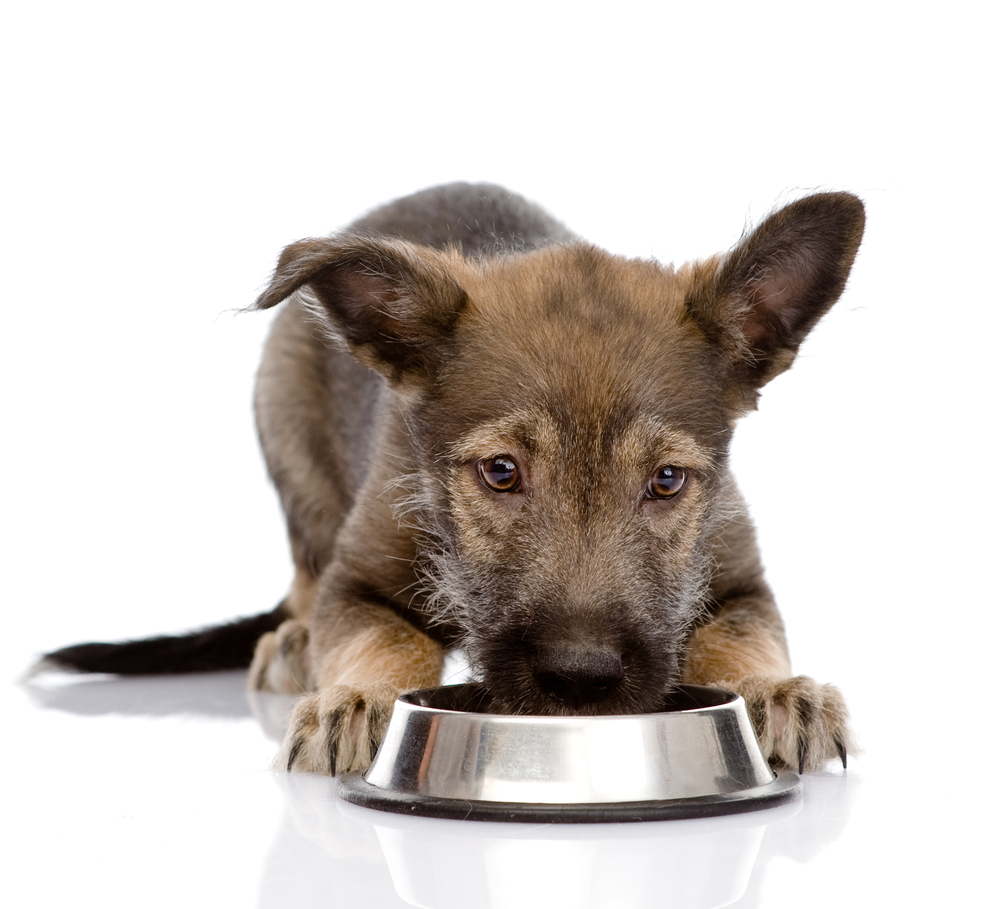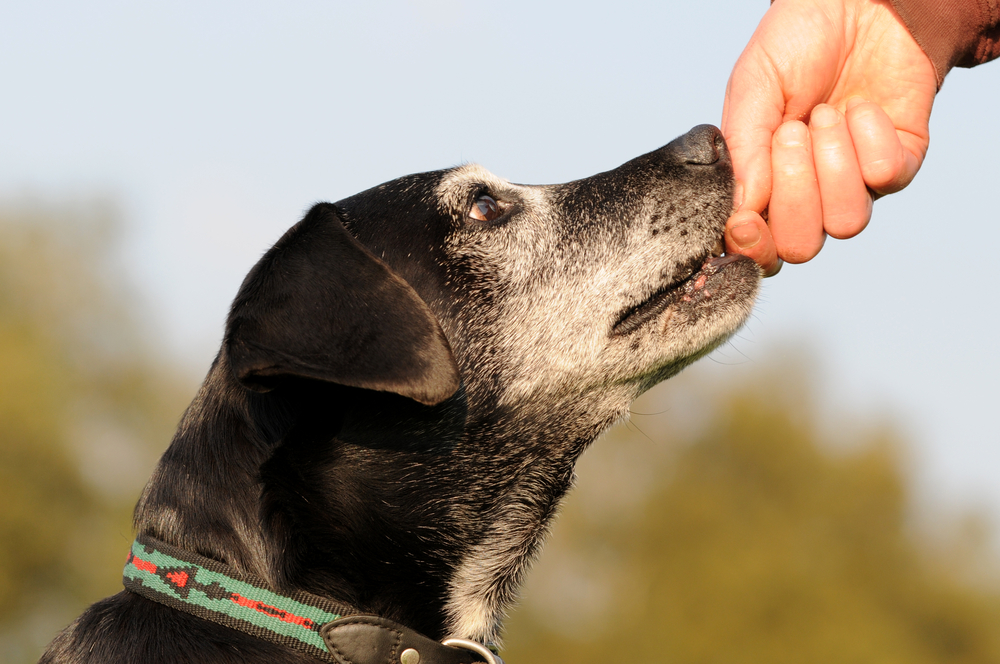As we age, we have to adapt certain parts of our lifestyle to ensure that we are getting everything we need in our older years, as our needs can change and develop. We aim to change our diet, our exercise levels and the amount of rest we have.
This is exactly the same when it comes to your dog. As they age, their diet in particular will have a huge affect on their general health so it’s absolutely crucial they receive the optimum diet possible. We’ve compiled a list for things to remember and think about when it comes to feeding your senior dog so they can live a long and happy life.

Learn what common problems your senior dog may face
The best way to tackle problems is to understand what they may be as early as possible. Common problems that your older dog may encounter include:
– Obesity, perhaps due to a more limited mobility
– Arthritis and joint problems
– Dental and mouth problems
– Problems with their coat and skin
– Decreased ability to fight infection
Make dietary changes accordingly to suit their needs

If you do notice any of the above happening, or you’d like to work to prevent them as much as possible, there are lots of simple adjustments you can make to your dog’s diet to help them. For example, switching their food to a slightly better brand or ones that cater specifically to senior dogs is a good idea. Royal Canine at Vet Medic is a good one and isn’t too pricey, either.
However, it’s also important to ensure that your older dog’s senior dog food doesn’t lack in protein due to being full of vitamins. Protein is vital for your dog to maintain a healthy muscle mass, as well as helping to repair after exercise or illness.
Give them vitamins and supplements
Antioxidants – including vitamin E – are useful for optimising your dog’s immune system and for healthy tissue. You can even make homemade treats for your pooch that contains these handy antioxidant compounds and to give them a great treat, too.

If in doubt – or would like extra help – ask your vet’s advice
If you are really unsure about ways in which to optimise your senior dog’s diet; if you have a particularly rare breed or if they suffer from other health issues, you can always take a trip to the vets to discuss treatments and foods to give them. You could also ask them about increasing your older dog’s GLA intake. GLA (or gamma-linolenic acid) is an omega-6 fatty acid that plays a role in the maintenance of a healthy skin and coat. Whilst it’s normally produced in your dog’s liver, GLA levels may not be as high in older dogs.
An unkempt coat can cause your dog a lot of trouble, especially in terms of stress levels and depression which is another condition that older dogs may face. Therefore tackling these problems early on can be really beneficial.






